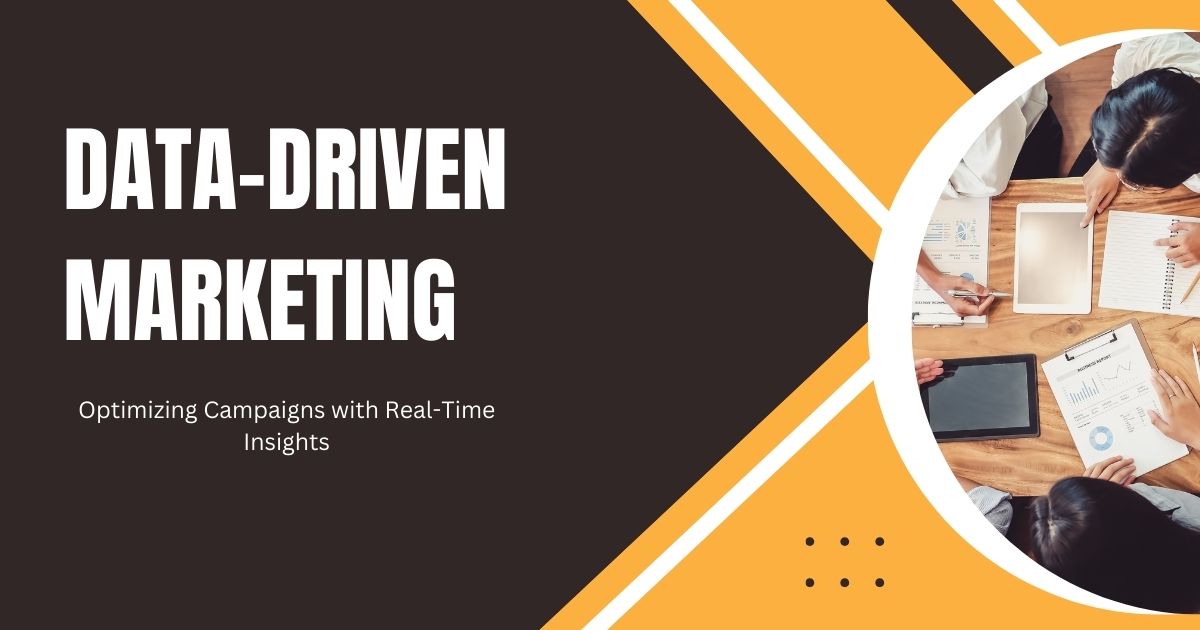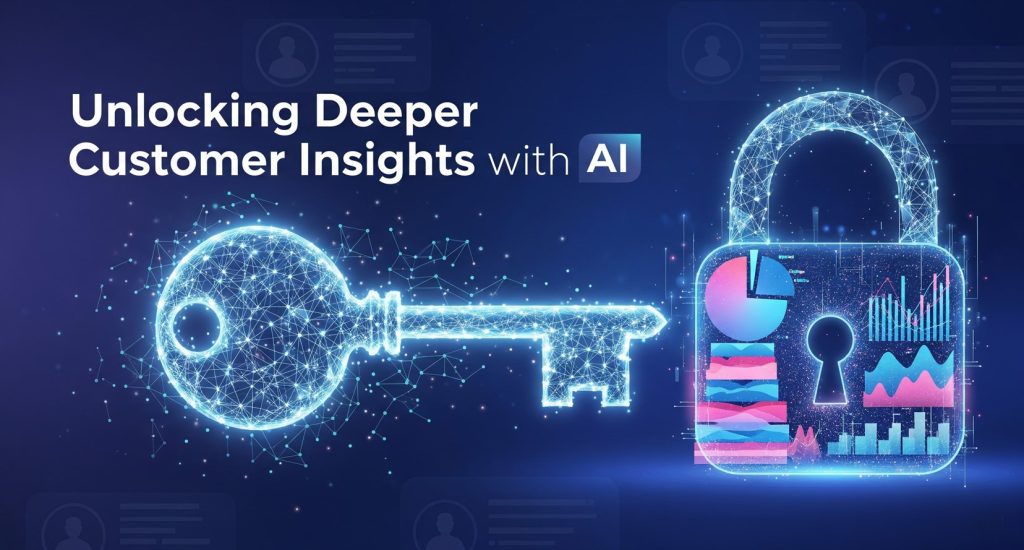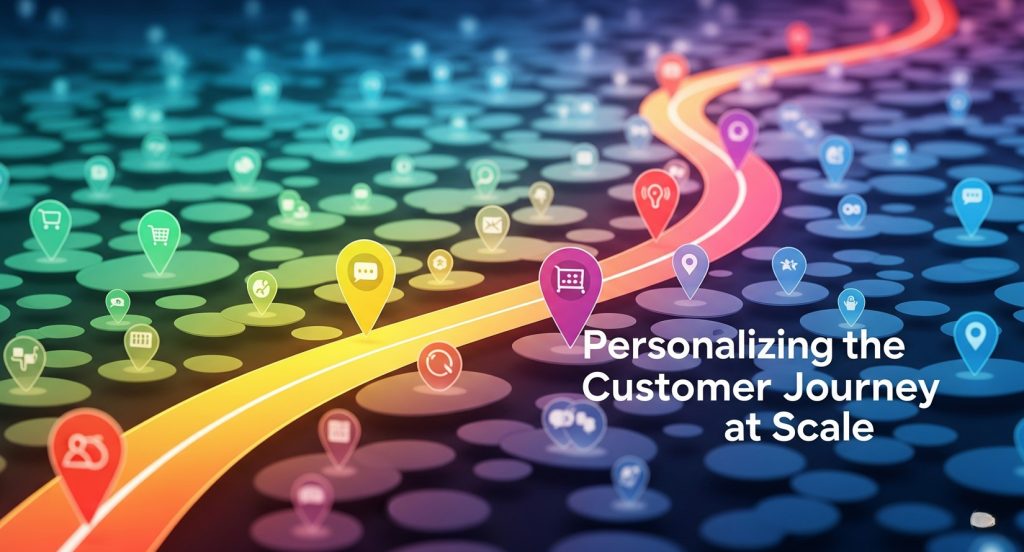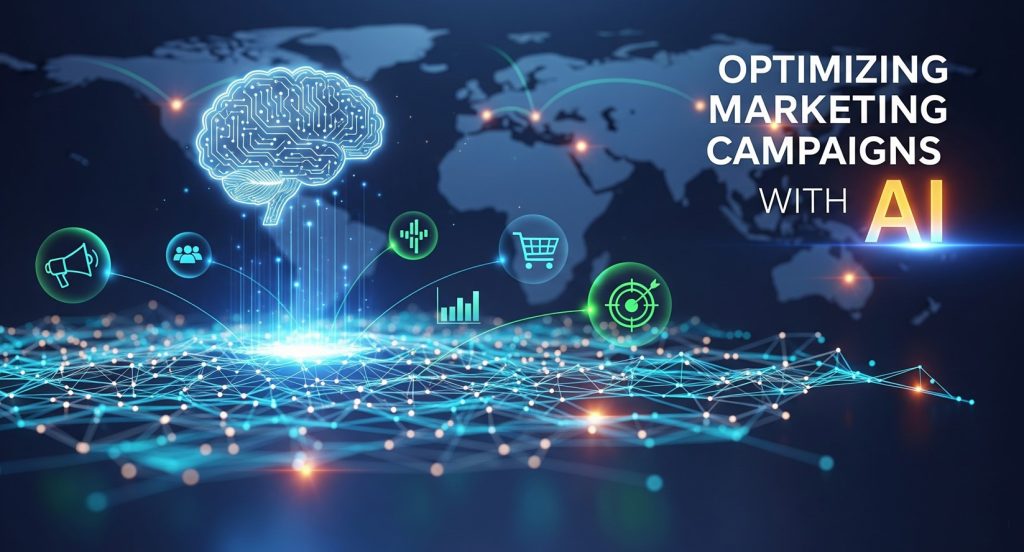
Marketing has always been a blend of art and science. The “art” is the creative spark—the compelling story, the stunning visual. The “science” is understanding the audience, measuring results, and refining the approach. For years, the science part relied on manual data analysis, which was often slow, cumbersome, and incomplete. Marketers had data, but unlocking its full potential was a significant challenge.
The rise of artificial intelligence has tipped the scales, supercharging the science of marketing. AI gives marketers the ability to process and understand vast datasets at a speed and scale that was previously unimaginable. This isn’t just about automating old processes; it’s about creating entirely new capabilities. By integrating AI, data-driven marketing evolves from a reactive practice into a predictive, personalized, and highly efficient engine for growth.
This article explores how AI is revolutionizing data-driven marketing. We will examine the core applications of AI in marketing, from enhancing customer insights to automating entire campaigns. You’ll gain a clear understanding of how these technologies work and how you can leverage them to create more effective strategies, foster stronger customer relationships, and achieve a greater return on your marketing investment.
Unlocking Deeper Customer Insights with AI
At the heart of any successful marketing strategy is a deep understanding of the customer. Traditional methods like surveys and focus groups provide valuable but often limited snapshots. AI-powered analytics, on the other hand, can analyze millions of data points in real time to create a dynamic, multi-dimensional view of your audience.

Predictive Analytics
One of the most powerful applications of AI in data-driven marketing is predictive analytics. Instead of just looking at what customers have done in the past, predictive models use historical data and machine learning algorithms to forecast future behaviors.
- Customer Churn Prediction: AI can identify customers who are at risk of leaving your service. By analyzing factors like declining engagement, support ticket frequency, or changes in purchase habits, the system can flag at-risk accounts, allowing you to proactively intervene with retention offers or personalized outreach.
- Lifetime Value (LTV) Forecasting: Predicting the total revenue a customer will generate over their entire relationship with your brand is crucial for resource allocation. AI models can forecast LTV with high accuracy, helping you decide how much to invest in acquiring and retaining different customer segments.
Advanced Audience Segmentation
Traditional segmentation often relies on broad demographic categories like age, location, or gender. AI allows for much more sophisticated micro-segmentation based on actual behavior. It can group customers based on their browsing patterns, purchase history, content consumption, and even their likelihood to respond to certain types of messaging. This enables hyper-targeted campaigns that resonate more deeply with smaller, more specific audience groups.
Personalizing the Customer Journey at Scale
Personalization is no longer a luxury; it’s an expectation. Consumers want to feel that brands understand their individual needs and preferences. AI makes it possible to deliver these personalized experiences to thousands or even millions of customers simultaneously.

Dynamic Content and Product Recommendations
E-commerce giants like Amazon and streaming services like Netflix have mastered the art of AI-driven recommendations. Their algorithms analyze your past behavior to suggest products or content you’re likely to enjoy. This same technology is now accessible to businesses of all sizes.
AI-powered systems can dynamically change the content of a website or an email based on who is viewing it. A returning customer might see products related to their last purchase, while a new visitor might be shown the most popular items. This level of personalization significantly increases engagement and conversion rates.
Tailored Communication
AI can also personalize the timing and channel of your marketing messages. By analyzing when a customer is most active, an AI system can schedule emails or push notifications to be sent at the optimal time for engagement. It can also determine whether a customer is more likely to respond to an email, an SMS message, or a social media ad, ensuring your message is delivered through the most effective channel.
Optimizing Marketing Campaigns with AI
Data-driven marketing is an iterative process of launching, measuring, and optimizing campaigns. AI automates and enhances this optimization loop, leading to more efficient spending and better results.

Automated Bidding and Media Buying
In the world of digital advertising, AI has transformed how ad placements are bought and sold. Programmatic advertising platforms use machine learning algorithms to automate the bidding process for ad space in real time. These systems can analyze hundreds of variables—including user demographics, browsing behavior, time of day, and device type—to determine the optimal bid for each individual ad impression. This ensures that your ad budget is spent on reaching the most relevant audience at the lowest possible cost.
A/B Testing and Creative Optimization
A/B testing different versions of an ad or landing page is a fundamental part of data-driven marketing. AI takes this concept to the next level with multivariate testing. Instead of just testing two versions against each other, AI can test thousands of combinations of headlines, images, calls-to-action, and colors simultaneously. It quickly identifies the top-performing combinations and automatically allocates more budget to them, accelerating the optimization process and maximizing campaign performance.
The Future of Data-Driven Marketing is Intelligent
Integrating AI into your marketing strategy is no longer a futuristic concept—it’s a present-day necessity for staying competitive. By leveraging AI, you can move beyond basic data analysis and unlock a new level of insight, personalization, and efficiency. From predicting customer needs to automating complex campaigns, AI empowers marketers to make smarter decisions and deliver more impactful results.
The journey starts with embracing the potential of your data. Begin by identifying key areas where AI can make the biggest difference, whether it’s improving customer segmentation, personalizing your website experience, or optimizing your ad spend. By taking a strategic and phased approach, you can build a more intelligent, effective, and data-driven marketing function that drives sustainable growth for your business.
Leave a Reply